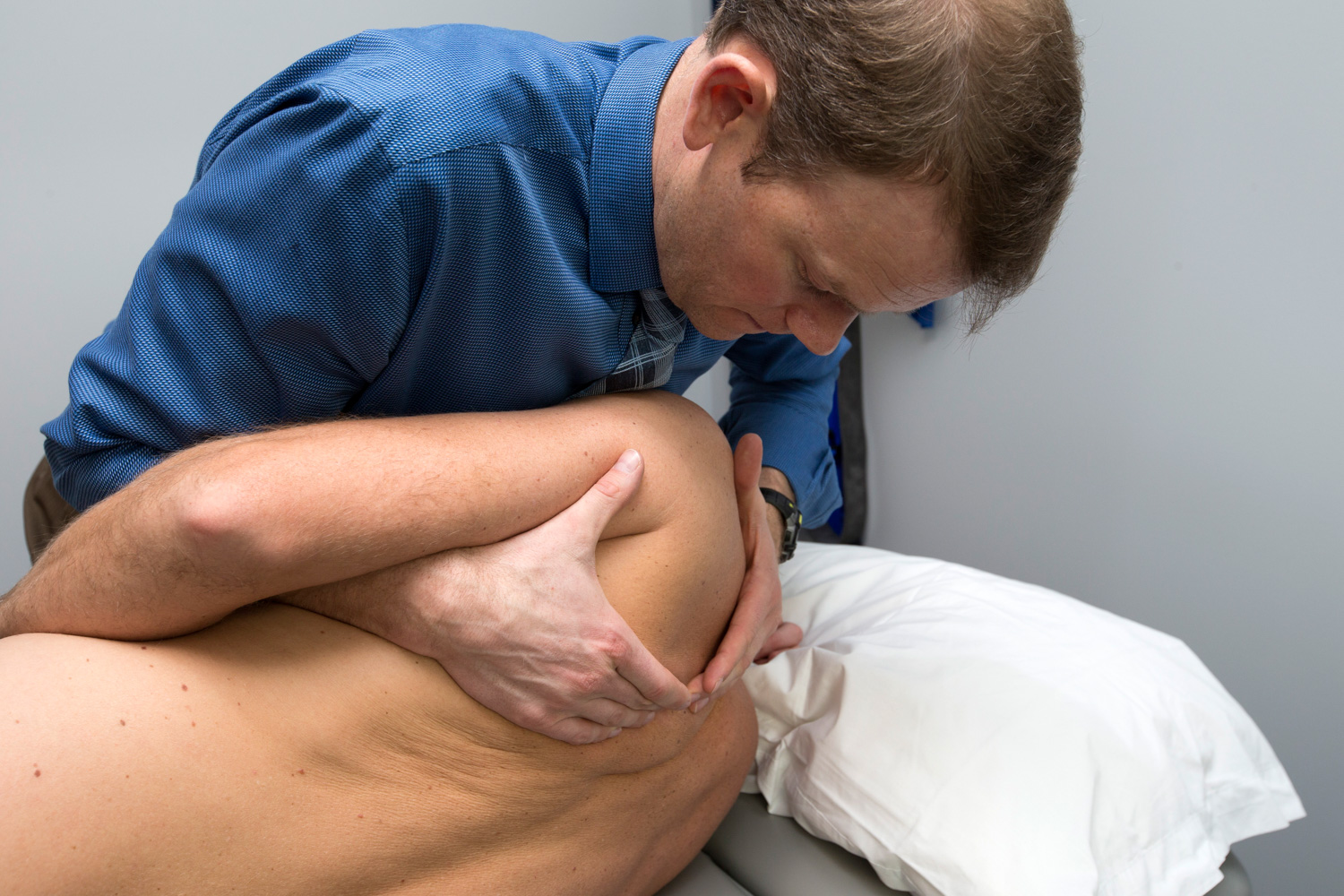Adhesive capsulitis or frozen shoulder is a painful shoulder condition hallmarked by acute pain and a progressive loss of shoulder range of motion. This diagnosis can have a lengthy recovery requiring up to 24 months in some patients. The medical evidence highlights the importance of early diagnosis (acute pain, loss of motion especially external rotation), intra articular injections in the early phases, and Physical Therapy in the later phases of the disease process. In the early phases, physical therapy interventions are designed to reduce pain and slow the loss of range of motion in the early phases by improving the mobility in adjacent joints. For example, restoring motion to the thoracic spine may optimize arm function despite having limitations in the ball and socket joint. In later phases, physical therapy aims to restore full range of motion, strength, and function to the upper quarter.
A new study documents the importance of treating all the joints and soft tissues involved in arm movements instead of focusing only on the affected ball and socket joint (Wong et al. J Manual Manip Ther. 2018). Authors applied a global treatment program for consecutive patients with frozen shoulder including joint mobilizations and manipulations, as well as soft tissue treatments, targeting the thoracic spine and rib cage, shoulder blade, and shoulder joint. They documented improvements in all outcome measures including pain, function, and range of motion gained at discharge. Many of the patients demonstrated improvements of 60-100 degrees in overhead reaching. This study highlights the importance of treating the whole person to optimize function and shoulder health.

